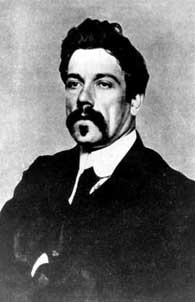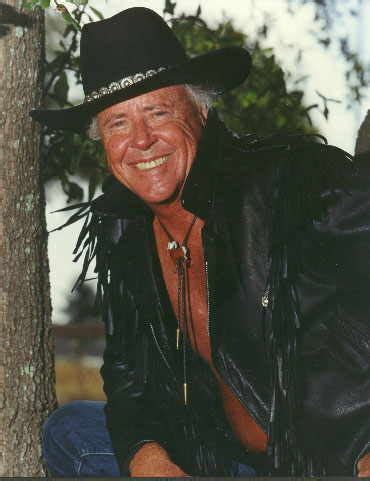A Quote by John Millington Synge
I'm a good scholar when it comes to reading but a blotting kind of writer when you give me a pen.
Related Quotes
I remember reading about a court case where a man tried to stab a judge with a pencil. There are Google pages full of similar instances around the world. It's obvious that the pencil lends itself to precisely that kind of use. It's not as lacking in dominance as you might think. I have an article on the fallacy of the designer intent because a lot of designers think they can design uses into technology. You can't do that. I use the pen, I make the mark, but the pen is also using me. The pen could be said to be allowing these kinds of marks. I can't do just anything with the pen.
Black professors make more than white professors. That's because we are in demand. I'll tell you, give me two blacks in institutions of higher learning, one has a Ph.D. from an elite institution and has a certain publication record. You give me a white scholar with the same credentials, and I will take that black scholar.
I think reading is a gift. It was a gift that was given to me as a child by many people, and now as an adult and a writer, I'm trying to give a little of it back to others. It's one of the greatest pleasures I know." Ann M. Martin
"Never write anything that does not give you great pleasure. Emotion is easily transferred from the writer to the reader.
It can't be supposed," said Joe. "Tho' I'm oncommon fond of reading, too." Are you, Joe?" Oncommon. Give me," said Joe, "a good book, or a good newspaper, and sit me down afore a good fire, and I ask no better. Lord!" he continued, after rubbing his knees a little, "when you do come to a J and a O, and says you, 'Here, at last, is a J-O, Joe,' how interesting reading is!
As every writer knows... there is something mysterious about the writer's ability, on any given day, to write. When the juices are flowing, or the writer is 'hot', an invisible wall seems to fall away, and the writer moves easily and surely from one kind of reality to another... Every writer has experienced at least moments of this strange, magical state. Reading student fiction one can spot at once where the power turns on and where it turns off, where the writer writes from 'inspiration' or deep, flowing vision, and where he had to struggle along on mere intellect.
All good books are alike in that they are truer than if they had really happened and after you are finished reading one you will feel that all that happened to you and afterwards it all belongs to you: the good and the bad, the ecstasy, the remorse and sorrow, the people and the places and how the weather was. If you can get so that you can give that to people, then you are a writer.
So when somebody asks me to make a decision about a situation, I don't offer a solution, I ask a question: What are our options? Give me the good, give me the bad, give me the pretty, give me the ugly, give me the impossible, give me the possible, give me the convenient, give me the inconvenient. Give me the options. All I want are options. And once I have all the options before me, then I comfortably and confidently make my decision.







































